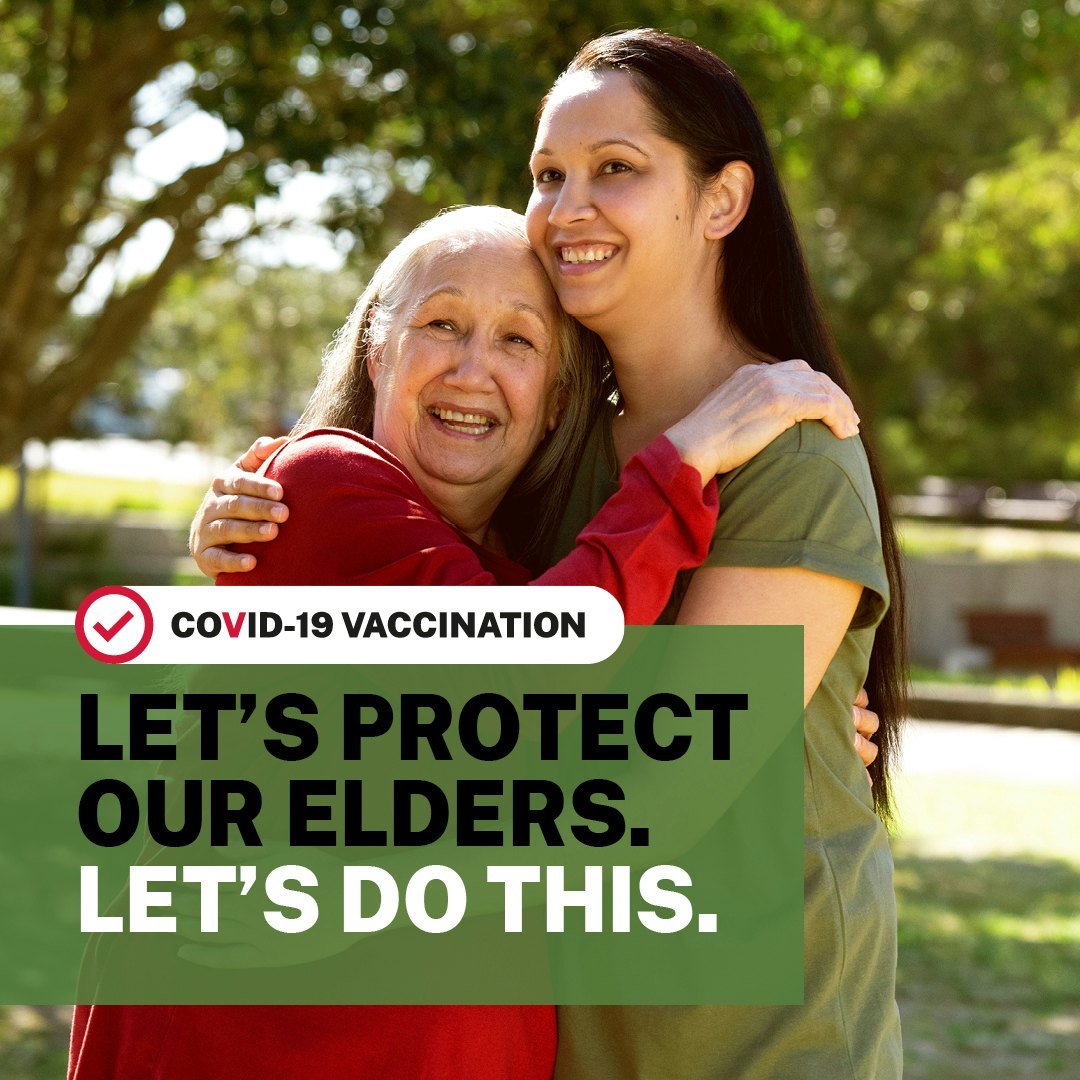COVID in the Community
The free COVID-19 vaccines are an important part of our defence against the virus, but we can't rely on them alone.
We can all help stop the spread of COVID-19 by:
- getting vaccinated
- getting tested immediately if you have any signs of COVID-19 and staying home until you get a negative test result
- carrying a face mask with you when you leave your home (check the mask rules that apply in your area)
- washing your hands regularly
- checking in and out of venues - you can do this through the Service NSW app or ask the venue for an alternate form of check-in if you don’t have a smart phone
- keeping your distance from people do not live with you. The current Delta variant is more transmissible than previous COVID-19 variants so stay 1.5m or two big steps apart
- wearing a mask whenever you can’t keep your distance and when indoors away from your home
- staying home if you feel sick
- complying with all government regulations. You can find current COVID-19 rules at COVID-19 rules | NSW Government
Types of COVID variant
What if I have been notified as a close or casual contact?
What if I must isolate?
People confirmed to have COVID-19
A person with coronavirus (COVID-19) or suspected to have it must enter mandatory isolation.
Isolation is different from quarantine and physical distancing.
Unsure what the policy is on visitors at your local hospital -
- HNE hospital contact numbers
- Central coast hospital contact numbers
- National Coronavirus Helpline 1800 020 080
Restrictions in my community
What is a sewage detect?
Testing sewage can help track infections in the community and provide early warning of an increase in infections. An infected person can shed virus in their faeces (goona) even if they do not have any symptoms, and shedding can continue for several weeks after they are no longer infectious.
